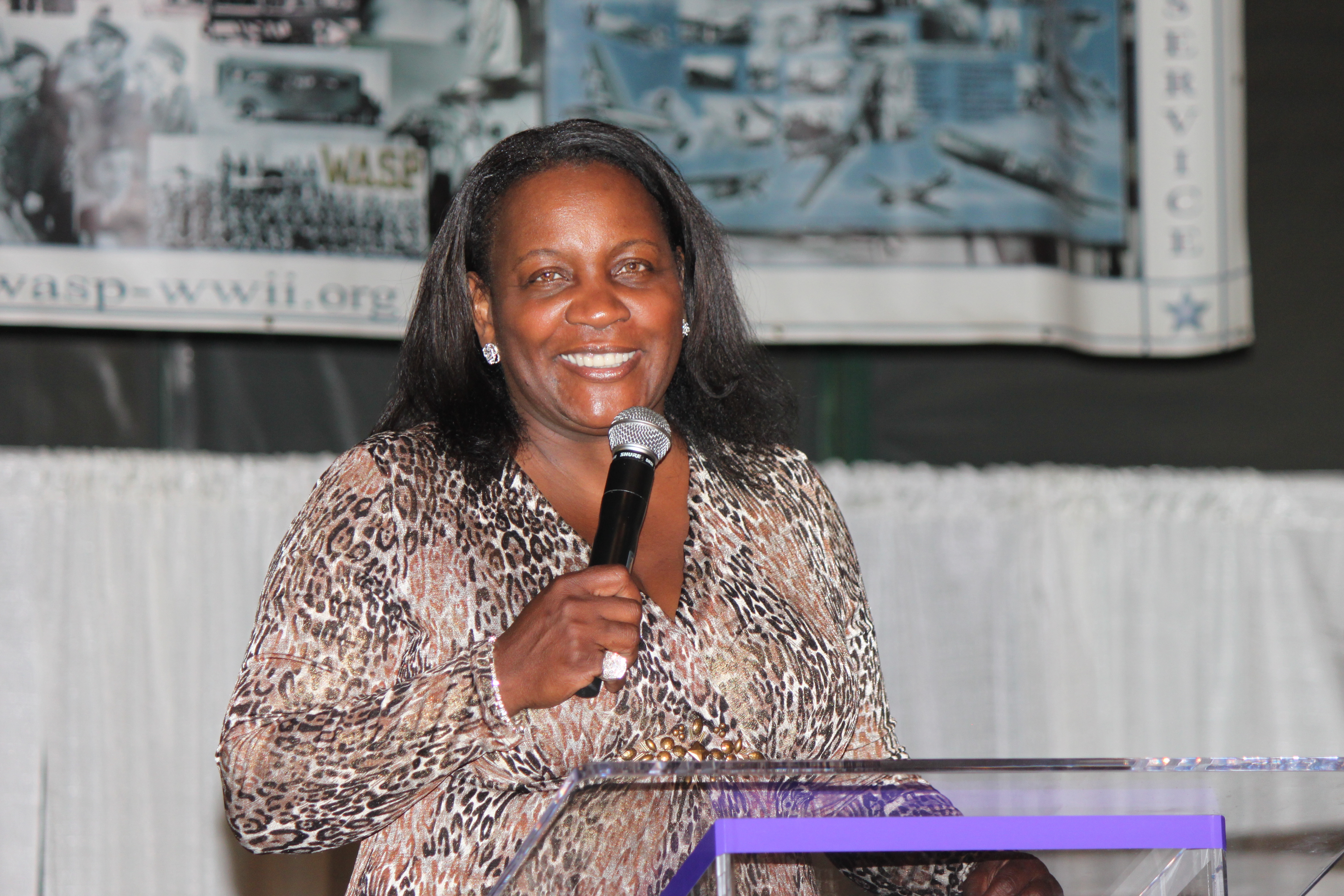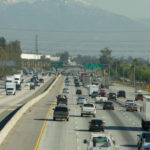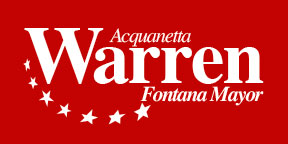Story By Beau Yarbrough | Inland Valley Daily Bulletin
Gov. Jerry Brown’s budget proposal to use part of a projected surplus to pay down the state’s long-term debt and use the rest toward schools, health care and the high-speed rail project drew mixed reactions from Inland Empire leaders Thursday.
“Paying down the debt, as much as that may not be the fun part for him, (but) I think it’s appropriate that with some of that surplus, that’s exactly what he should do,” Victorville Councilman Ryan McEachron said.
According to the independent Legislative Analyst’s Office projects, California will have a $3.2 billion surplus in the next fiscal year and will continue to have surpluses for the next few.
Brown’s proposed $106.8 billion general-fund budget includes spending more than 10 percent — $11 billion — to pay down $24.9 billion in debt run up over the past 10 years. More than half of that $11 billion will go to repay money owed to public school districts.
“It is great news,” said Rialto Unified acting superintendent Mohammad Z. Islam. “The governor’s proposal clearly indicates that he continues to prioritize public education. As many of us already know, public schools are always expected to do more with less, so we are grateful that Gov. Brown is investing in K-12 students, and thus, our future.”
The governor also wants to put aside $1.6 billion in a “rainy day fund” to cushion the impact of future recessions.
Although he warned against squandering the state’s budget surplus in his budget document, Brown wants to put $670 million in new funds to expand Medi-Cal benefits for mental health, substance abuse, adult dental and specialized nutrition coverage.
But economic good news seemed unlikely to quell the conflict in Sacramento:
“Now that there is money, people are arguing over how to spend it,” said Assemblywoman Cheryl Brown, D-San Bernardino.
Brown’s spending goals drew mixed reactions from other Inland Empire legislators:
“Strong budget reserves are prudent and responsible to build a strong economic foundation for our state,” Assemblyman Freddie Rodriguez, D-Pomona, said in a statement Thursday. “One of the benefits of working with a recovering economy is that we have the opportunity to make strategic investments in our shared priorities.”
But not everyone agrees that now is the time to increase spending:
“The state needs to pay down its debt before spending money on expanding programs or establishing a ‘rainy day fund,’” Assemblyman Tim Donnelly, R-Hesperia, said in a statement. “The budget proposed by the governor grows government and increases our massive unfunded pension liabilities, putting at risk the pensions of those who have earned them.”
Donnelly is a Republican candidate for governor.
Brown also wants to invest another $250 million from California’s cap-and-trade environmental fee into the state’s $68 billion bullet train project.
“His high-speed rail proposal is a non-starter,” Senate Republican Leader Bob Huff, R-Diamond Bar, said in a statement. “Even if his idea to take money from the cap and trade fund is legal — which we don’t believe it is — businesses throughout the state will be forced to pay for it. That means higher gas costs and fewer jobs for middle class families. Too many people, too many families, are still hurting and looking for work. We need to help California workers find jobs.”
In a similar vein, Brown proposed spending another $600 million on projects that would reduce pollution from transportation, improve energy efficiency and restore state forests.
“A budget that demonstrates fiscal restraint is essential for California to stay on track,” former Republican assemblyman and state senator George Runner said in a statement. “The governor’s high speed rail funding plan shows at least some of his funding priorities are off track.”
But Runner, who serves on the state’s Board of Equalization, praised Brown’s rainy day fund.
“It is vital to set aside reserves for future shortfalls, or the legislature may push to make temporary tax increases permanent,” he said. “A strong rainy day fund is an important part of ensuring our state’s fiscal stability.”
Thursday’s budget proposal shows that the state has survived the stormy economic climate of recent years, Fontana Mayor Acquanetta Warren said.
“It’s OK to take your jacket and walk on the front porch right now,” she said.
Staff writers Jessica Calefati, Michel Nolan and Canan Tasci contributed to this report.
Read the full article at Inland Valley Daily Bulletin
ABOUT THE AUTHOR
Beau covers education for The Sun and the Inland Valley Daily Bulletin. Reach the author at Beau.Yarbrough@inlandnewspapers.com or follow Beau on Twitter: @inlandEd








